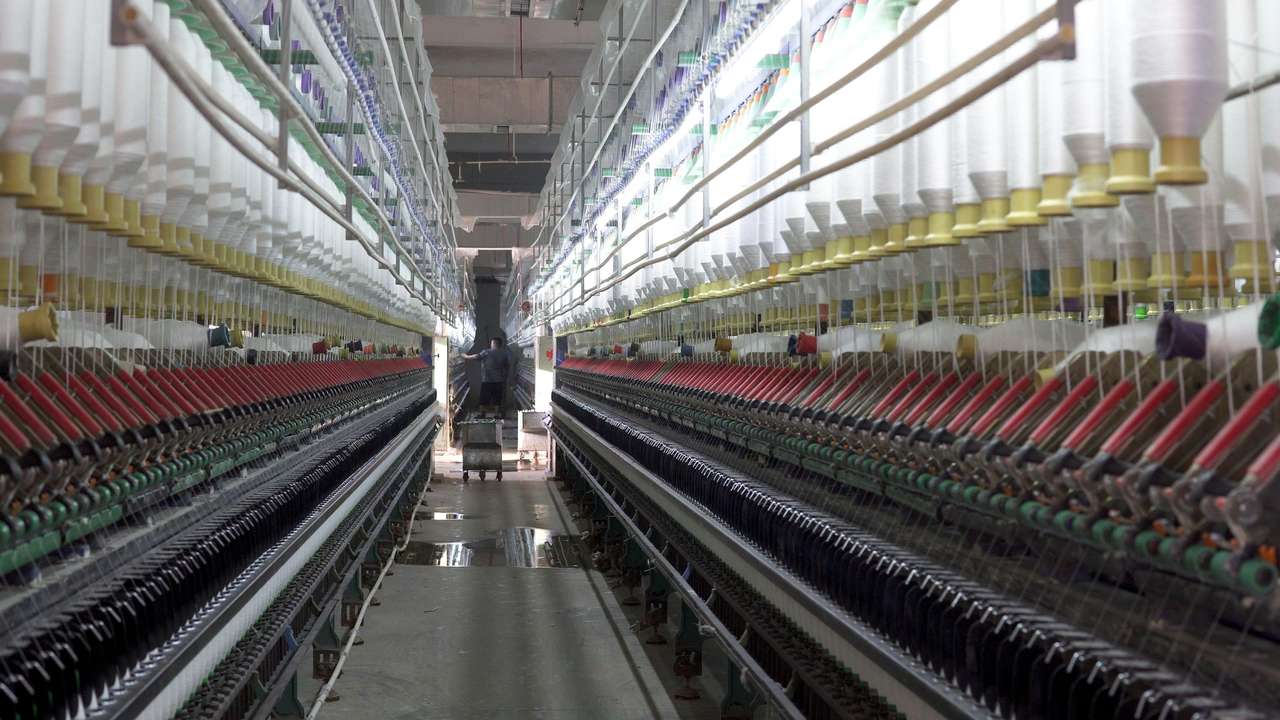 With the Indian apparel market projected to reach $109.45 billion by 2025, the joint venture between Toray and MAS Holdings is set to make a significant impact. Operating as TorayMAS Apparel India, the new facility in Odisha aims to meet the growing demand for textiles sustainably. This strategic partnership not only strengthens their global supply network but also underscores a commitment to innovation, economic development, and environmental stewardship in the region.
With the Indian apparel market projected to reach $109.45 billion by 2025, the joint venture between Toray and MAS Holdings is set to make a significant impact. Operating as TorayMAS Apparel India, the new facility in Odisha aims to meet the growing demand for textiles sustainably. This strategic partnership not only strengthens their global supply network but also underscores a commitment to innovation, economic development, and environmental stewardship in the region.
Sustainability as a Competitive Advantage
Sustainability has become a critical differentiator in the global apparel industry, with consumers increasingly valuing eco-friendly practices. The joint venture between Toray Industries and MAS Holdings in India underscores a strategic shift towards sustainable manufacturing. By incorporating renewable energy solutions, advanced water management systems, and energy-efficient technologies, the TorayMAS Apparel India facility is not only meeting the growing demand for textiles but also setting a new standard for environmentally responsible production. This move aligns with MAS Holdings' commitment to science-based climate targets, emphasizing the importance of reducing greenhouse gas emissions. As sustainability continues to drive consumer preferences and regulatory requirements, companies like Toray and MAS Holdings are positioning themselves for long-term success by integrating green practices into their operations.
Leveraging Strategic Partnerships for Innovation
In today's dynamic business landscape, strategic partnerships are essential for driving innovation and enhancing capabilities. The collaboration between Toray Industries and MAS Holdings in India represents a significant step towards strengthening their global supply network and expanding market reach. By combining Toray's materials technology expertise with MAS Holdings' apparel manufacturing prowess, the joint venture aims to deliver top-quality offerings to customers in the region. This partnership not only fosters knowledge exchange and operational synergies but also paves the way for joint research and development initiatives. As companies seek to stay ahead of the competition and adapt to evolving market demands, strategic alliances like this one play a crucial role in driving sustainable growth and fostering a culture of innovation.
Economic Development through Local Empowerment
The establishment of the TorayMAS Apparel India facility in Odisha signifies more than just a business expansion; it represents a commitment to local employment and economic growth. By creating job opportunities and investing in the region's manufacturing infrastructure, Toray Industries and MAS Holdings are contributing to the socio-economic development of the community. This venture not only boosts the Indian apparel market but also serves as a testament to the companies' dedication to fostering prosperity at the grassroots level. As businesses increasingly recognize the importance of social impact and community engagement, initiatives like the TorayMAS joint venture exemplify how corporate endeavors can drive positive change and empower local stakeholders.
Driving Towards Net-Zero Emissions
As sustainability takes center stage in corporate agendas, reducing greenhouse gas emissions has become a top priority for many companies. MAS Holdings, a key player in the apparel industry working with brands like Lululemon, has committed to science-based climate targets sanctioned by the Science Based Targets initiative. By aiming to achieve net-zero emissions by 2048, MAS Holdings is setting a bold example for sustainable business practices. This ambitious goal not only aligns with global efforts to combat climate change but also underscores the company's leadership in environmental stewardship. As the industry shifts towards a more sustainable future, initiatives like MAS Holdings' commitment to carbon neutrality serve as a beacon for others to follow, driving collective action towards a greener and more responsible supply chain.
Innovation in Manufacturing for Future Growth
The collaboration between Toray Industries and MAS Holdings at the TorayMAS Apparel India facility represents a strategic investment in future growth through innovation. By leveraging cutting-edge technologies and advanced manufacturing processes, the joint venture is poised to deliver high-quality products that meet the evolving needs of customers in the Indian market. This focus on innovation not only enhances product offerings but also drives operational efficiency and cost-effectiveness. As companies navigate an increasingly competitive landscape, investing in technological advancements and process improvements is crucial for staying ahead of the curve. The TorayMAS partnership exemplifies how innovation in manufacturing can drive sustainable growth and create value for both businesses and consumers alike.
Conclusion
The joint venture between Toray Industries and MAS Holdings at TorayMAS Apparel India exemplifies a strategic commitment to sustainability, innovation, and economic empowerment. By integrating green practices, fostering strategic partnerships, and driving towards net-zero emissions, these companies are not just shaping the future of the apparel industry but also setting a benchmark for responsible business practices. As the global market shifts towards sustainability, this collaboration serves as a compelling case study on how environmental stewardship, economic development, and innovation can converge to drive long-term success and positive impact. This partnership underscores the transformative power of strategic alliances in creating a more sustainable and resilient supply chain ecosystem.